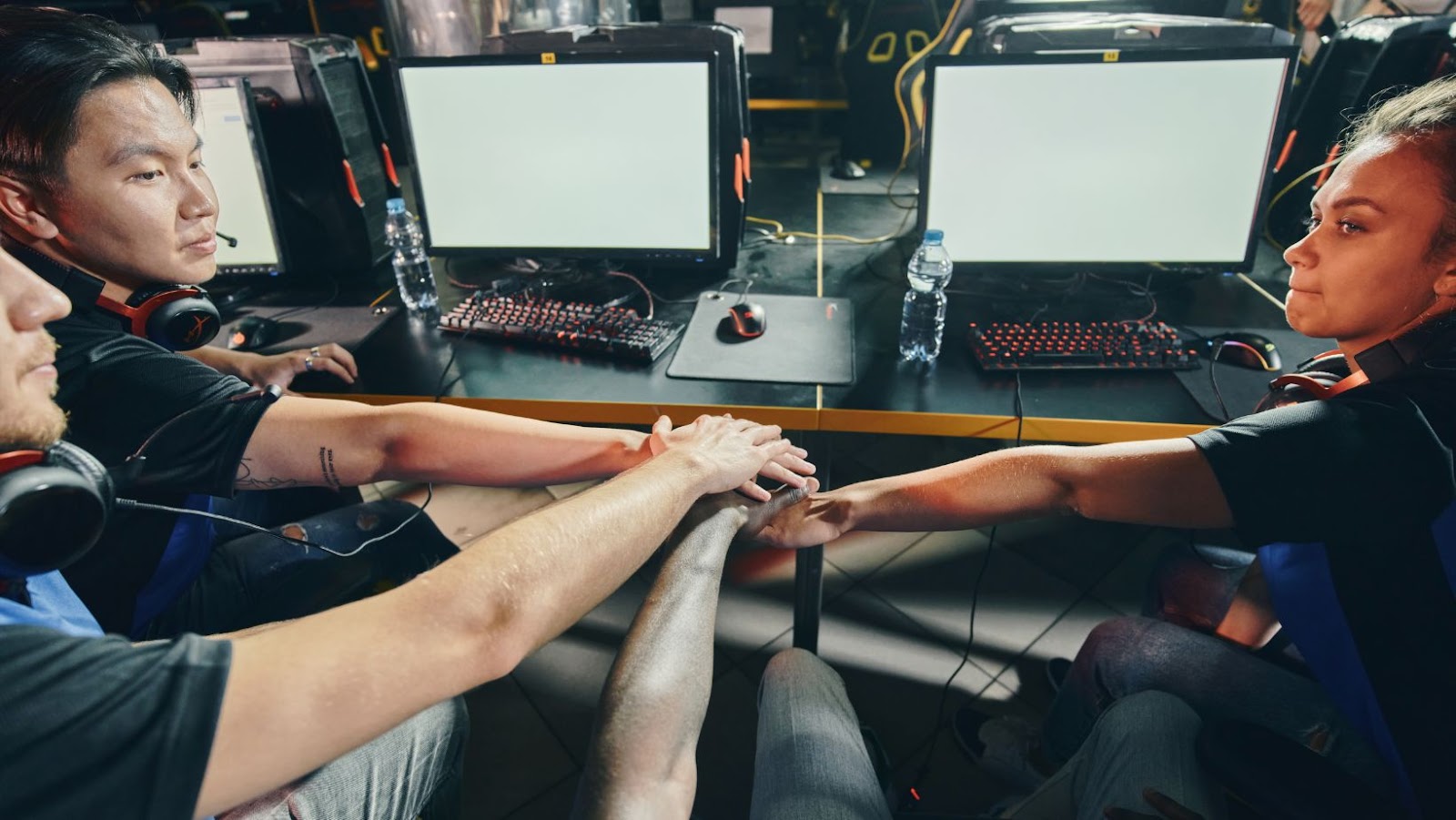The world of esports has exploded into the mainstream, turning everyday gamers into international superstars. But what if you’re not just interested in playing, but also in managing your own team? This article provides a roadmap for those who aspire to step into the thrilling arena of esports team ownership.
Starting an esports team isn’t just about gaming prowess; it’s about understanding the business, building a brand, and creating a community. Read on to discover the key steps and strategies to turn your passion for gaming into a successful esports venture. From recruitment to sponsorship, we’ve got you covered.
Understanding the Esports Industry
An inherent comprehension of the esports industry aids aspiring team owners in navigating its choppy waters. This includes recognizing the industry’s growth and discerning the key roles of its prominent players.
How to Start an Esports Team
Venturing into the esports realm demands two vital steps: choosing the appropriate game and devising a team philosophy.
 Selecting the Right Game
Selecting the Right Game
A fundamental part of planning an esports team, choosing the right game requires careful consideration of a few elements. An understanding of the landscapes of different games, each game’s demand and acceptance within the esports community is necessary.
Games like League of Legends, Counter-Strike: Global Offensive, and Dota 2, top the charts in popularity, featuring millions of players worldwide. For instance, in 2021, League of Legends featured a player base of over 115 million, an essential number to consider.
Building a Team Philosophy
Maintaining continuous communication and coordination improves the synergy between players, fostering a collaborative approach. For example, Astralis, a renowned esports team, heavily emphasizes a comprehensive wellness strategy to maximize performance, proving the need for a unique team philosophy.
The team philosophy sets the conduct for the players, influencing strategies, performance expectations, and most importantly, shaping the brand identity within the esports industry. Hence, a thorough, well-crafted team philosophy can serve as a roadmap, guiding the team’s journey through the competitive esports landscape.
 Recruiting Players
Recruiting Players
Once the game and team philosophy are in place, it’s essential to focus on player recruitment. The base foundation of any esports team lies with its players, making this step crucial.
Identifying Talent
In the vast digital playing field, identifying prospective players demands meticulous research and strategic scouting. Platforms like Twitch, YouTube, and the game-specific communities provide a useful talent pipeline. Here, aspiring players showcase their skills, strategically analyze game scenarios, and engage with their viewers. Anyone can be a talent, but the ones who stand out are often those with a masterful grasp on game mechanics, exceptional dexterity, and a dedicated mindset. Examples of such players include esports legends such as Faker from League of Legends, S1mple from Counter-Strike: Global Offensive, and Miracle- from Dota 2.
 Tryouts and Selection Criteria
Tryouts and Selection Criteria
Moving onto player trials and selection, it’s vital to establish clear criteria for selection. Criteria may encompass both in-game skills and personal traits that align with the team’s philosophy. Elements like mechanical skills, positional awareness, teamwork, and adaptability can go under the gameplay ability umbrella. Personality traits like commitment, sportsmanship, and flexibility are just as critical, as they significantly impact team dynamics and overall team performance. Prominent teams like Cloud9, G2 Esports, and Team Liquid have famously used this balanced selection approach to build successful squads.
Marketing and Branding
In the dynamic world of esports, it’s clear that starting a successful team requires more than just skilled players. It’s a business venture that calls for a comprehensive understanding of the industry, strategic planning, and effective resource allocation. Building a strong brand is crucial, as it not only attracts sponsors but also fosters an engaged community. It’s important to remember that player recruitment should align with the team’s philosophy, and talent identification extends beyond in-game skills to personal traits.
While traditional funding methods remain relevant, teams shouldn’t overlook emerging sources like venture capitalists and crowd-sourced funds. However, the strategic use of tournament prize money and the need for financial sustainability beyond winnings are important considerations. If you’re ready to dive into the esports scene, remember these key points as you embark on your journey to establish a top-tier esports team.